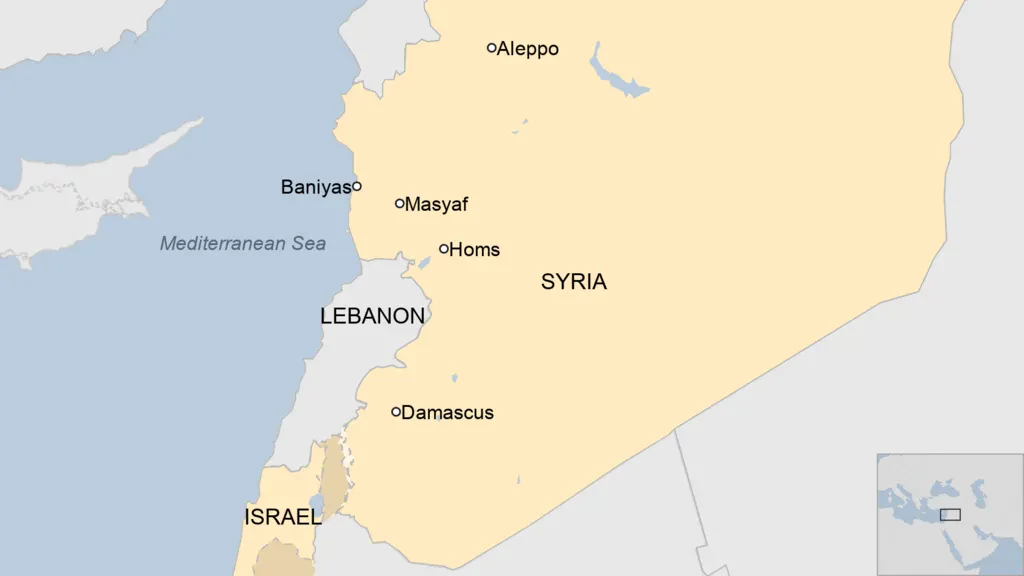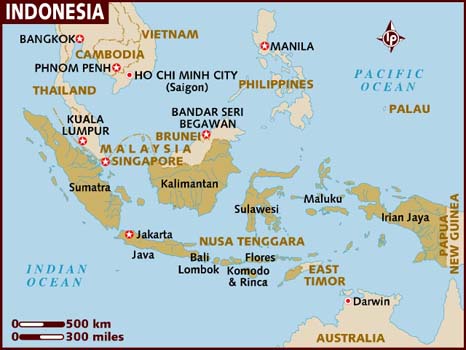Israel judicial reform: Crowds confront police as key law passed

ISRAEL, July 25: Israeli police clashed with crowds of protesters at night after parliament adopted a highly controversial law to limit the Supreme Court's powers.
The measure - part of a big reform package - will prevent the court from overruling government actions it considers unreasonable.
Police in Jerusalem and Tel Aviv used water cannon to disperse protesters blocking highways. Critics say the hard-right government's reforms threaten Israeli democracy.
After months of mass street protests over the judicial reform, Monday's Knesset (parliament) vote was an important victory for Prime Minister Benjamin Netanyahu. But the battle is not over. It may go on for months.
A political watchdog group and centrist opposition leader Yair Lapid plan to petition the Supreme Court to annul the new law.
Moreover, Israel's Histadrut trade union confederation has threatened a general strike and thousands of military reservists, including air force pilots, have vowed to not report for duty if the law is allowed to stand.
For a country that prides itself on its ability to respond fast to any kind of threat, the fact that Israel's very security might be compromised is causing real anxiety.
Netanyahu has insisted the law is necessary for the government to "carry out policy in line with the decision of the majority of the citizens of the country". But he said he was willing to resume talks with the opposition, even until November, to find an all-inclusive agreement.
The planned reforms have triggered some of the biggest protests in Israel's history. On Monday at least 22 people were arrested, police said.
Opponents fear the changes could undermine the country's democratic system, tipping it into authoritarian territory. They worry that nationalist and ultra-Orthodox religious parties allied to Netanyahu will be able to shape policy with unchecked power.
But the government argues that the reforms are necessary to correct an imbalance in power which has seen the courts increasingly intervene in political decisions.
The so-called "reasonableness" bill was approved by 64 votes to 0 after the opposition boycotted the final vote.
(BBC)










Leave Comment